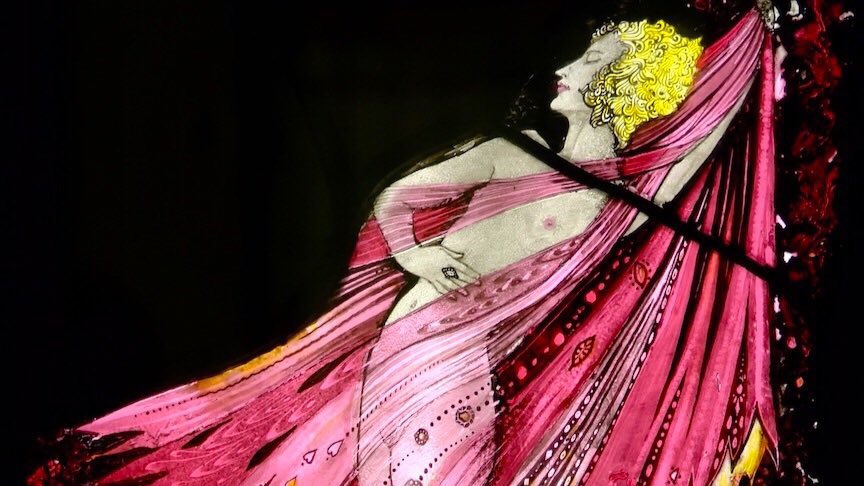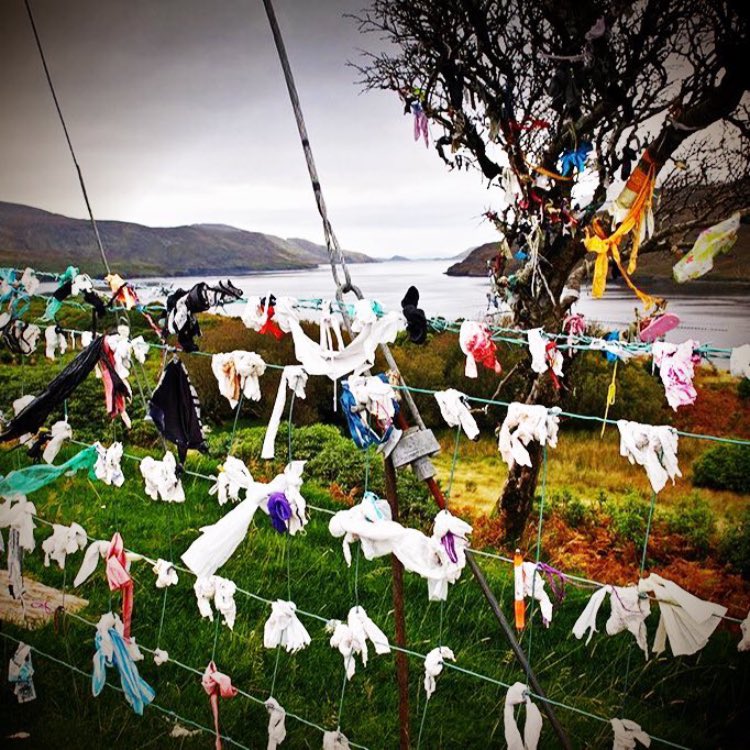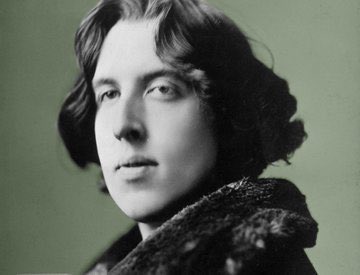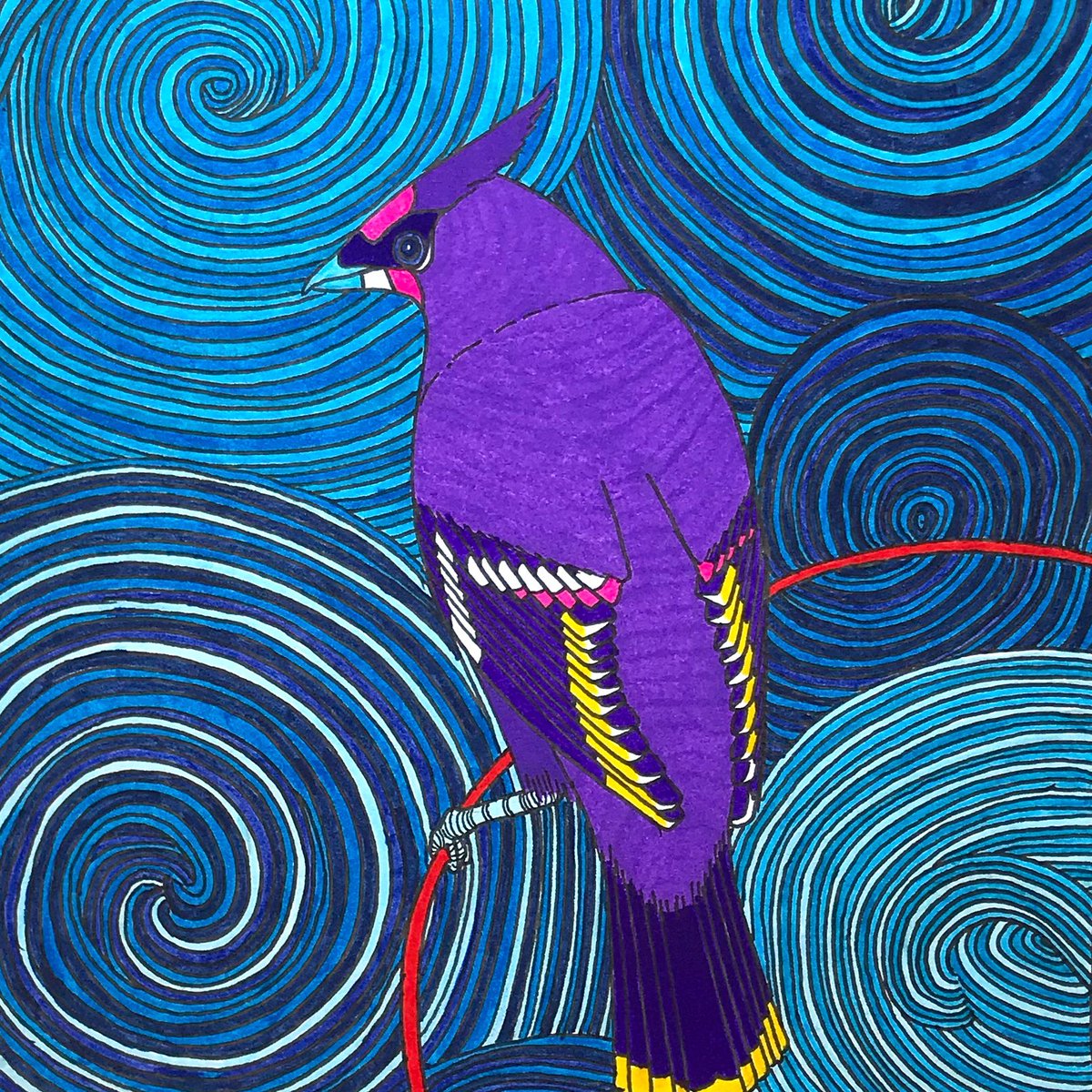Thread: Halloween, as the world knows it, is an Irish invention from ancient Irish-Celtic roots. It’s correct name is Samhain & marks the end of the Harvest. It was culturally appropriated by the Christian Church as All Hallows’ Eve. Here’s an overview. #Samhain 







Samhain was seen as the time when the concrete & the spirit worlds met & was a portal to the Otherworld. All sorts of spirits, particularly malevolent ones, walked amongst the living! Irish people brought it with them as they migrated to all parts of the world from the 4th C. 

My work is inspired, in part, by Celtic mythology & art. I’ve currently got a special offer where you can acquire one of my drawings for €149 or two for €199. Take a look at this thread!
https://twitter.com/robertbohan/status/1452328942464086018
Traditions associated with Samhain go back 2,000 years in Ireland. These include bonfires & the carving of turnips (pumpkins were not grown in Ireland). Turnips are scarier & tougher to carve! Such carving became widespread in Britain & the US with Irish migration. 



Folklorists have suggested that carved turnips were used to scare away malevolent spirits on a night when they roamed the countryside. A similar rationale is given for Sheela Na Gigs - which guard the exterior of ancient churches established by Irish religious figures 





The Christian Church expunged mention of Samhain from records & also sought to ban the festivities as a form of pagan worship. Despite this the four key festivals clung on in the oral record & in folklore (the four are Samhain, Imbolc, Bealtaine & Lughnasa) 



Dressing up is also an Irish tradition. The Folklore Commission noted boys would dress up as old men or hags/Cailleach (the Cailleach is a key figure in ancient mythology & for instance the Banshee (Bean Sídhe) is a version of her. Dressing up contact evil spirits! 



As children go door-to-door they request that households ‘Help the Halloween Party’ (due to Americanisation this is being replaced by ‘Trick or Treat’). Sweets, nuts & apples are the usual gift. The important thing was the portal element & offerings that were made 



Simple games were often played after a traditional feast (feasta). One was the peeling of an apple in one continuous rind, others were snap-apple & apple-bobbing. Many centred on the divination of the future. Thus the Celtic harvest offering & prophecy tradition survived 

An Irish fruit bread was & is made for Samhain. It’s called the Barm Brack (Speckled loaf). The fruit celebrated the harvest. Inside, items were hidden for divination & fecundity. These included a ring (for marriage), a coin (for wealth) & a pea (bad luck). 

There were also superstitions associated with the festival. Many centre on the barriers between the real & spirit worlds breaking down. They often link to so-called ‘Fairy Forts’ which are liberally scattered over Ireland (in fact these are usually abandoned Iron Age hill forts) 

Another spirit associated with Samhain is the Phooka (Púca) which is usually translated as a spirit or ghost. It’s role was to kidnap the unwary, who went out after midnight, & took them away to the Otherworld. It may be a Viking introduction as it is known as Puck in England. 

The Samhain feast has a rich & firm grasp of the Irish Imagination. It is, perhaps, no surprise that the scariest figure in the world’s imagination was invented by an Irish writer. Dracula, by Dubliner Bram Stoker, was published in 1897. 

The Irish Early Medieval period (which we think of as Celtic) was a time of friction between ancient traditions & gods & the Christian Church. The transition to Christianity was done by assimilation & appropriation. 



Up until the cataclysmic Irish famine Irish was the common tongue. In the Great Hunger (1845-52) over 1 million died, 2 Million emigrated & English became the common tongue. Thus the Victorian English of calling, what had been Deities (Aos Sí) - ‘fairies’ (Pic: Nuada, c1000BC) 

In Ireland today it’s likely you’ll hear tales of a farmer having no luck since he demolished a ring fort or cut down a Hawthorn. Even a motorway was moved to respect a Fairy Tree - Irish ‘fairies’ are not cute, don’t have wings & are human sized (Pic: Paul Henry) 

Little People (a name derived from Changelings which were the size of children) are believed to be folk memory of the ancient Celtic Gods, who were associated with trees, woods, wells, rivers, rocks, objects & places. These sites were often ‘Christianised’ (Stone head, Iron Age) 

Across the Island are Sacred Trees - Bile (pronounced ‘Bill-eh’). Some are said to be healing & others had roles in demarcation, divination & identity. Many were appropriated by the early Christian Church & Celtic Gods turned to Christian Saints (Pic: Ballyshannon Rag Tree) 

A feature of Sacred Trees was the power of prophecy or divination. A tree in the Midlands used to have coins pushed into it to ensure that the act would bring the migrant home (sadly it died of metal poisoning). The tree was beside a Relig circular shaped 3-4th C graveyard. 

The Banshee (Bean Sídhe - Otherworldly woman) was a supernatural death messenger who warned by wailing & combing her long hair. She cries for Gaelic families & may have been a Tuatha Dé Danann or Sovereignty Goddess (representing the land of Ireland) 

You can read a story associated with a Fairy Fort from the Folklore Commission here: irisharchaeology.ie/2015/06/a-fair…
Due to the tradition of respecting Fairy Forts & perceived bad luck in damaging them, many have survived to this day. Drawings in the thread are by Harry Clarke c1920
Due to the tradition of respecting Fairy Forts & perceived bad luck in damaging them, many have survived to this day. Drawings in the thread are by Harry Clarke c1920

Here’s more on my Affordable Art Project. These are drawings that evoke love, hope & joy. I ship my art worldwide from Ireland
https://twitter.com/robertbohan/status/1452379095287926791
Scotland also celebrates the feast. This is due to the influence of the Dál Riada, an Irish monarchy that ruled in SW Scotland. The cultural influence of Ireland was such that the modern name ‘Scotland’ means land of the Irish (Scot is synonymous with Irish)
Scots Gaelic has its origins in the Irish language too. Here’s more on the relationship: scottishhistorysociety.com/dalriada/
• • •
Missing some Tweet in this thread? You can try to
force a refresh



















